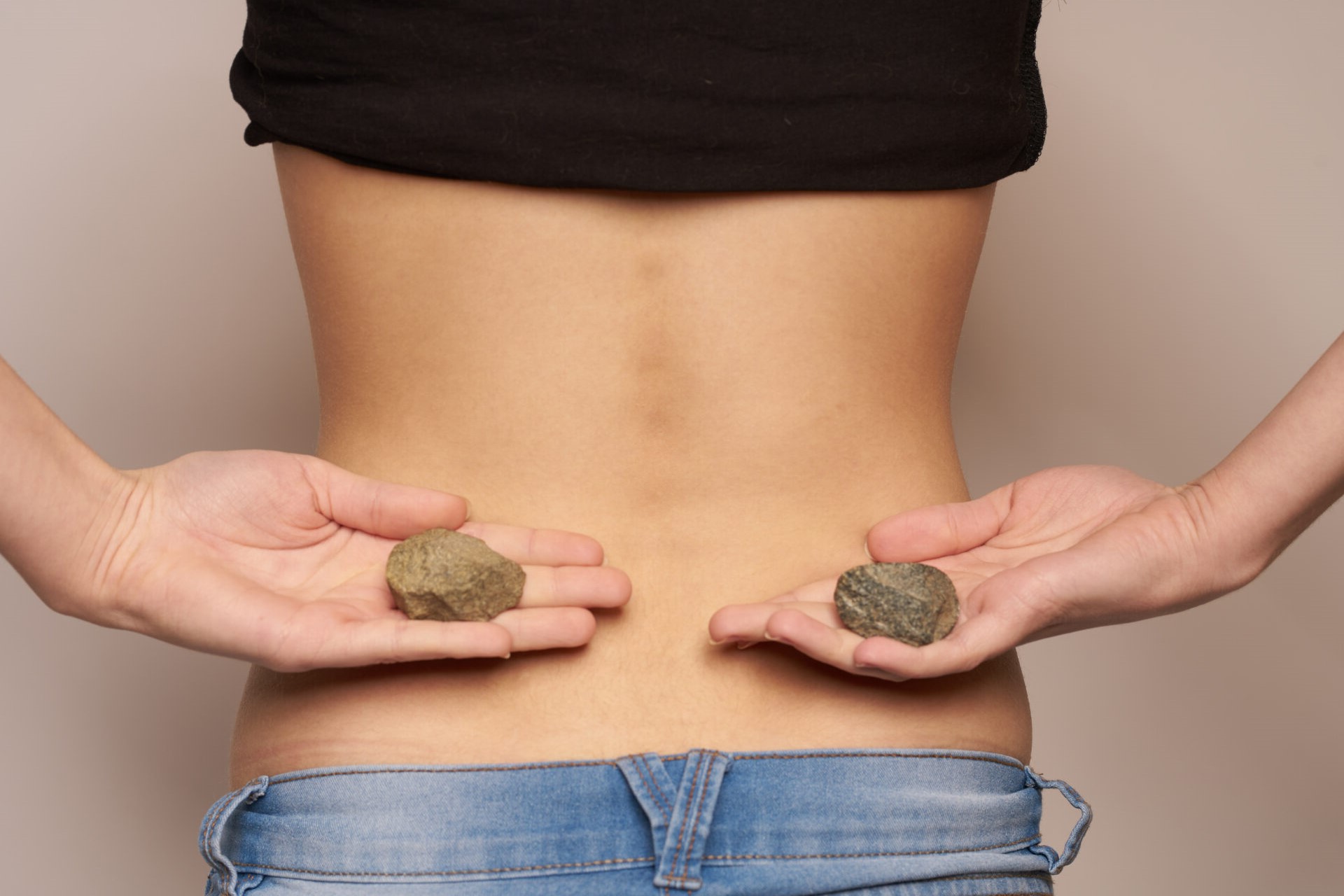
Passing a kidney stone can be one of the most painful experiences a person can endure. But what exactly are kidney stones? These tiny, hard deposits form in your kidneys from minerals and salts. They can cause severe pain, especially when they move through your urinary tract. How common are kidney stones? Surprisingly, about 1 in 10 people will have a kidney stone at some point in their lives. What causes them? Factors like diet, dehydration, obesity, and certain medical conditions can increase your risk. Can you prevent them? Drinking plenty of water, eating a balanced diet, and avoiding high-oxalate foods can help. What should you do if you think you have one? Consult a doctor immediately for proper diagnosis and treatment.
What Are Kidney Stones?
Kidney stones are hard deposits made of minerals and salts that form inside your kidneys. They can affect any part of your urinary tract, from your kidneys to your bladder. Passing them can be quite painful but usually doesn't cause permanent damage.
- Kidney stones are typically made of calcium oxalate, but they can also be composed of other compounds like uric acid, struvite, or cystine.
- They can vary in size from a grain of sand to a golf ball. Smaller stones can pass through the urinary tract on their own, while larger ones may require medical intervention.
Symptoms of Kidney Stones
Recognizing the symptoms early can help you seek treatment faster. Here are some common signs that you might have kidney stones.
- Severe pain in the side and back, below the ribs, is a hallmark symptom. This pain can radiate to the lower abdomen and groin.
- Pain often comes in waves and fluctuates in intensity. It can be excruciating and may require pain management.
- You might experience pain during urination. This can be a sign that the stone is moving into the bladder or urethra.
- Urine that is pink, red, or brown indicates blood in the urine, a common symptom of kidney stones.
- Cloudy or foul-smelling urine can also be a sign. This might indicate an infection, which sometimes accompanies kidney stones.
Causes and Risk Factors
Understanding what causes kidney stones can help you take preventive measures. Here are some common causes and risk factors.
- Dehydration is a major risk factor. Not drinking enough water can lead to more concentrated urine, which can form stones.
- A diet high in protein, sodium, and sugar can increase your risk. These elements can increase the levels of calcium and oxalate in your urine.
- Obesity is another risk factor. It can change the acid levels in your urine, leading to stone formation.
- Certain medical conditions like hyperparathyroidism, gout, and urinary tract infections can also increase your risk.
Treatment Options
There are various ways to treat kidney stones, depending on their size and composition. Here are some common treatments.
- Drinking water is the simplest treatment. Staying hydrated can help smaller stones pass through your urinary tract.
- Pain relievers can help manage the pain. Over-the-counter medications like ibuprofen or acetaminophen are often recommended.
- Medical procedures like extracorporeal shock wave lithotripsy (ESWL) can break larger stones into smaller pieces, making them easier to pass.
Final Thoughts on Kidney Stones
Passing kidney stones can be a painful experience, but understanding the facts helps manage the situation better. Staying hydrated is crucial to prevent stones from forming. Diet plays a significant role too; reducing salt and animal protein intake can make a difference. Knowing the symptoms, like severe back pain and blood in urine, allows for quicker action. Medical treatments vary from medication to surgery, depending on the stone's size and location. Home remedies, such as drinking lemon water, might help smaller stones pass. Regular check-ups and imaging tests can monitor kidney health. If you’ve had stones before, you’re at a higher risk of getting them again, so preventive measures are key. Always consult a healthcare professional for personalized advice. By staying informed, you can tackle kidney stones more effectively and maintain better overall health.
Was this page helpful?
Our commitment to delivering trustworthy and engaging content is at the heart of what we do. Each fact on our site is contributed by real users like you, bringing a wealth of diverse insights and information. To ensure the highest standards of accuracy and reliability, our dedicated editors meticulously review each submission. This process guarantees that the facts we share are not only fascinating but also credible. Trust in our commitment to quality and authenticity as you explore and learn with us.


